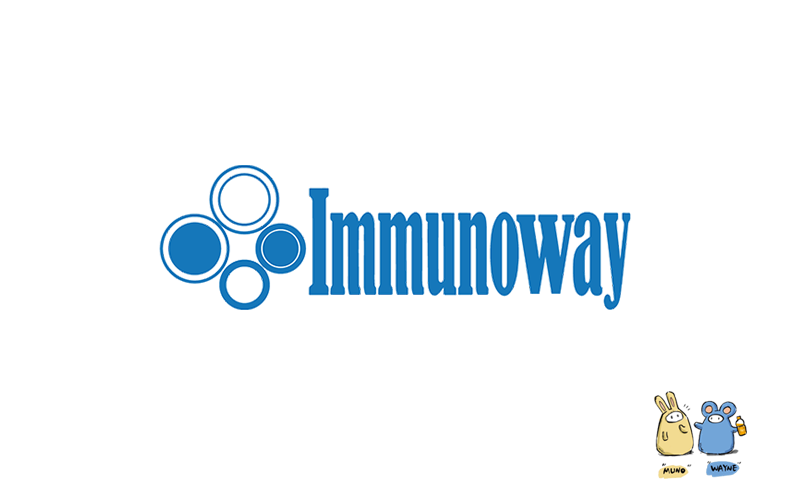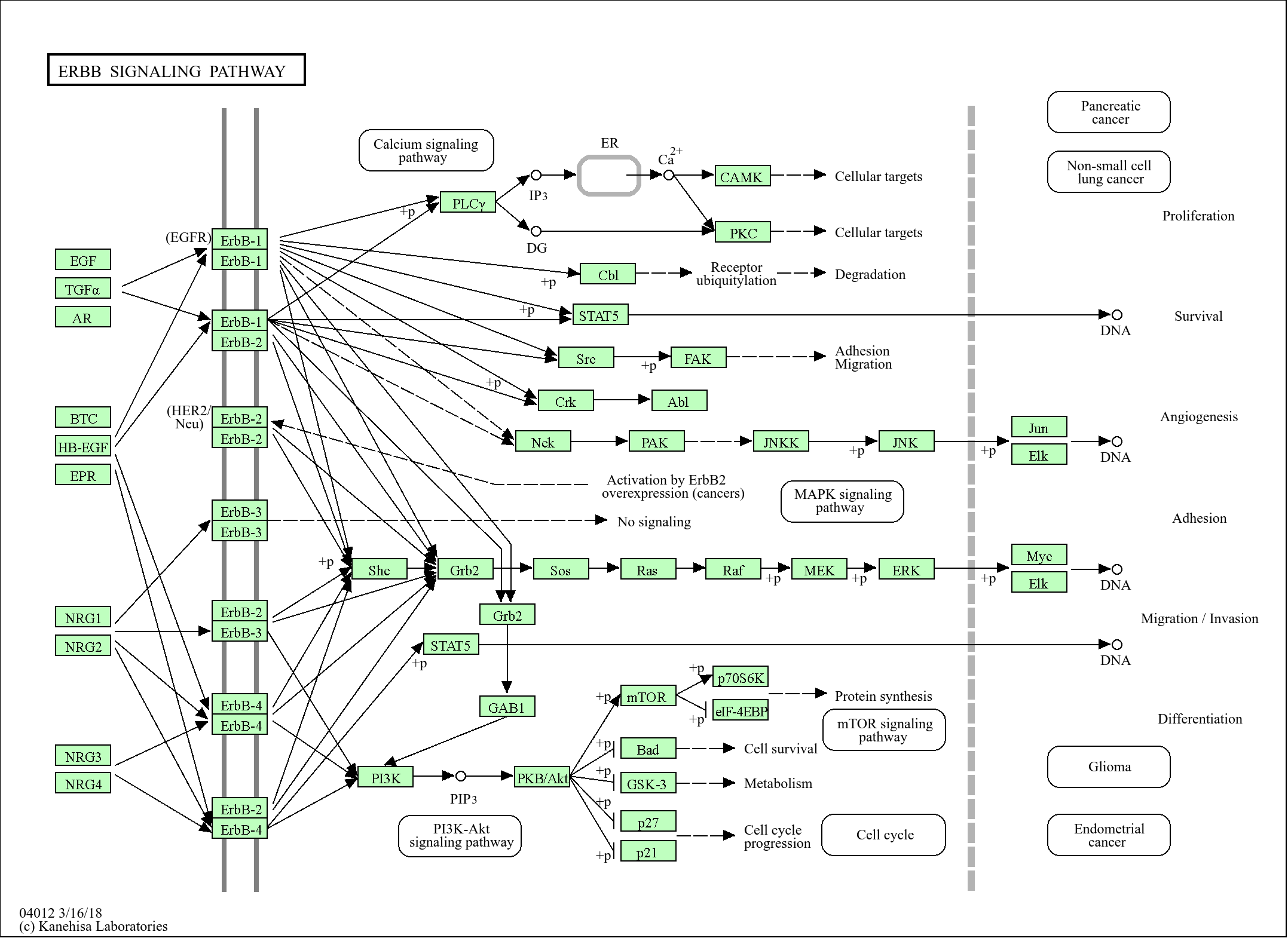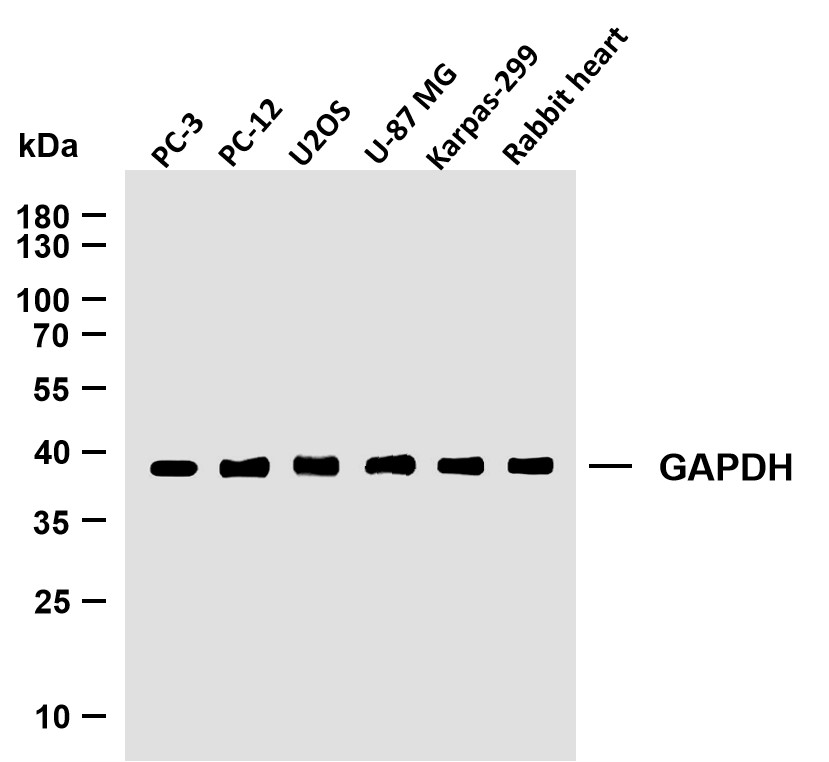
主要信息
Target
DRD2
Host Species
Rabbit
Reactivity
Human, Rat
Applications
WB, ELISA
MW
48kD (Observed)
Conjugate/Modification
Unmodified

货号: YN2514
规格
价格
货期
数量
200μL
¥3,780.00
现货
0
100μL
¥2,300.00
现货
0
40μL
¥960.00
现货
0
加入购物车


已收藏


收藏
详细信息
推荐稀释比
WB 1:500-2000; ELISA 1:5000-20000
组成
Liquid in PBS containing 50% glycerol, and 0.02% sodium azide.
特异性
DRD2 Polyclonal Antibody detects endogenous levels of protein.
纯化工艺
The antibody was affinity-purified from rabbit antiserum by affinity-chromatography using epitope-specific immunogen.
储存
-15°C to -25°C/1 year(Do not lower than -25°C)
浓度
1 mg/ml
实测条带
48kD
修饰
Unmodified
克隆性
Polyclonal
同种型
IgG
相关产品
抗原&靶点信息
免疫原:
Synthesized peptide derived from human protein . at AA range: 170-250
展开内容
特异性:
DRD2 Polyclonal Antibody detects endogenous levels of protein.
展开内容
基因名称:
DRD2
展开内容
蛋白名称:
D(2) dopamine receptor (Dopamine D2 receptor)
展开内容
背景:
This gene encodes the D2 subtype of the dopamine receptor. This G-protein coupled receptor inhibits adenylyl cyclase activity. A missense mutation in this gene causes myoclonus dystonia; other mutations have been associated with schizophrenia. Alternative splicing of this gene results in two transcript variants encoding different isoforms. A third variant has been described, but it has not been determined whether this form is normal or due to aberrant splicing. [provided by RefSeq, Jul 2008],
展开内容
功能:
Disease:Defects in DRD2 are associated with dystonia type 11 (DYT11) [MIM:159900]; also known as alcohol-responsive dystonia. DYT11 is a myoclonic dystonia. Dystonia is defined by the presence of sustained involuntary muscle contractions, often leading to abnormal postures. DYT11 is characterized by involuntary lightning jerks and dystonic movements and postures alleviated by alcohol. Inheritance is autosomal dominant. The age of onset, pattern of body involvement, presence of myoclonus and response to alcohol are all variable.,Disease:It has been suggested that DRD2 is involved in psychiatric disorders; especially in schizophrenia.,Function:This is one of the five types (D1 to D5) of receptors for dopamine. The activity of this receptor is mediated by G proteins which inhibit adenylyl cyclase.,polymorphism:Genetic variations in DRD2 may determine the genetic susceptibility to alcoholism [MIM:103780]. Genetic variations in DRD2 might be a protective factor against the development of withdrawal symptoms but might also be a risk factor in a highly burdened subgroup of alcoholics with a paternal and grandpaternal history of alcoholism and might contribute to suicide risk in alcoholics.,similarity:Belongs to the G-protein coupled receptor 1 family.,subunit:Interacts with GPRASP1, PPP1R9B and CLIC6 (By similarity). Interacts with CADPS and CADPS2.,
展开内容
细胞定位:
Cell membrane ; Multi-pass membrane protein . Golgi apparatus membrane ; Multi-pass membrane protein .
展开内容
组织表达:
[Isoform 1]: Expressed in the anterior pituitary gland. ; [Isoform 2]: Expressed in the anterior pituitary gland.
展开内容
研究领域:
>>Rap1 signaling pathway ;
>>cAMP signaling pathway ;
>>Neuroactive ligand-receptor interaction ;
>>Gap junction ;
>>Dopaminergic synapse ;
>>Parkinson disease ;
>>Cocaine addiction ;
>>Alcoholism
>>cAMP signaling pathway ;
>>Neuroactive ligand-receptor interaction ;
>>Gap junction ;
>>Dopaminergic synapse ;
>>Parkinson disease ;
>>Cocaine addiction ;
>>Alcoholism
展开内容
信号通路
Cellular Processes >> Cellular community - eukaryotes >> Gap junction
Organismal Systems >> Nervous system >> Dopaminergic synapse
Human Diseases >> Neurodegenerative disease >> Parkinson disease
Environmental Information Processing >> Signal transduction >> Rap1 signaling pathway
Environmental Information Processing >> Signal transduction >> cAMP signaling pathway
文献引用({{totalcount}})
货号: YN2514
规格
价格
货期
数量
200μL
¥3,780.00
现货
0
100μL
¥2,300.00
现货
0
40μL
¥960.00
现货
0
加入购物车


已收藏


收藏
Recently Viewed Products
Clear allToggle night Mode
{{pinfoXq.title || ''}}
Catalog: {{pinfoXq.catalog || ''}}
Filter:
All
{{item.name}}
{{pinfo.title}}
-{{pinfo.catalog}}
主要信息
Target
{{pinfo.target}}
Reactivity
{{pinfo.react}}
Applications
{{pinfo.applicat}}
Conjugate/Modification
{{pinfo.coupling}}/{{pinfo.modific}}
MW (kDa)
{{pinfo.mwcalc}}
Host Species
{{pinfo.hostspec}}
Isotype
{{pinfo.isotype}}
产品 {{index}}/{{pcount}}
上一个产品
下一个产品
{{pvTitle}}
滚轮缩放图片
{{pvDescr}}





















